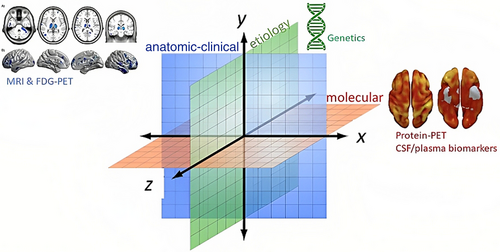Background
The Iberian Peninsula stands out as having variable levels of population admixture and isolation, making Spain an interesting setting for studying the genetic architecture of neurodegenerative diseases.
Objectives
To perform the largest PD genome‐wide association study restricted to a single country.
Methods
We performed a GWAS for both risk of PD and age at onset in 7,849 Spanish individuals. Further analyses included population‐specific risk haplotype assessments, polygenic risk scoring through machine learning, Mendelian randomization of expression, and methylation data to gain insight into disease‐associated loci, heritability estimates, genetic correlations, and burden analyses.
Results
We identified a novel population‐specific genome‐wide association study signal at PARK2 associated with age at onset, which was likely dependent on the c.155delA mutation. We replicated four genome‐wide independent signals associated with PD risk, including SNCA, LRRK2, KANSL1/MAPT, and HLA‐DQB1. A significant trend for smaller risk haplotypes at known loci was found compared to similar studies of non‐Spanish origin. Seventeen PD‐related genes showed functional consequence by two‐sample Mendelian randomization in expression and methylation data sets. Long runs of homozygosity at 28 known genes/loci were found to be enriched in cases versus controls.
Conclusions
Our data demonstrate the utility of the Spanish risk haplotype substructure for future fine‐mapping efforts, showing how leveraging unique and diverse population histories can benefit genetic studies of complex diseases. The present study points to PARK2 as a major hallmark of PD etiology in Spain.

